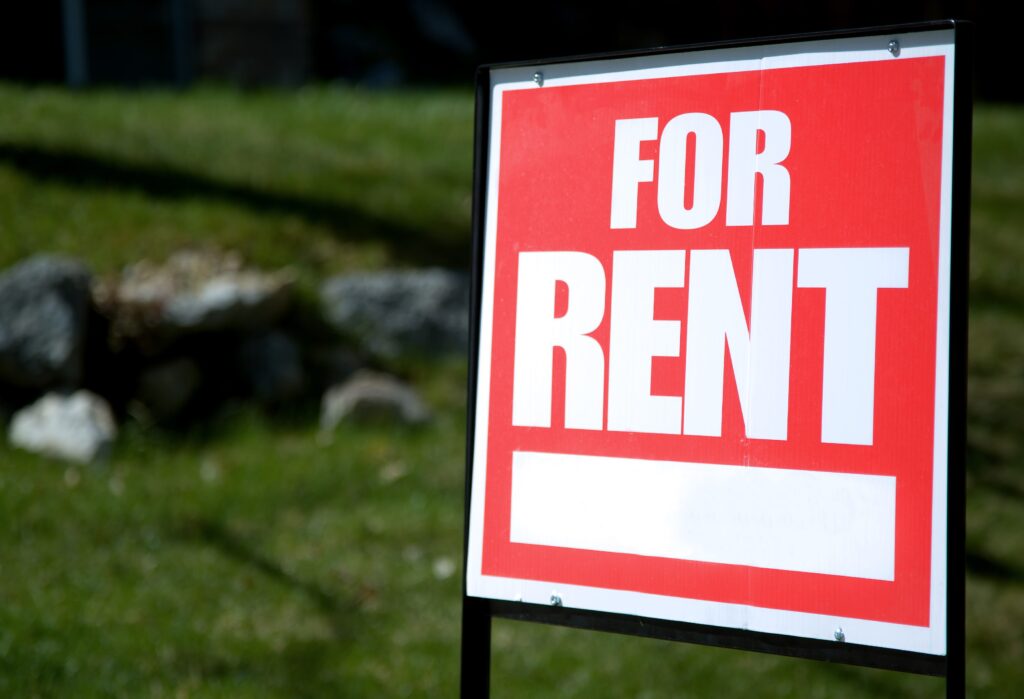In industrial facilities, a reliable and efficient heating system is crucial for maintaining comfortable working conditions, ensuring proper operation of equipment and machinery, and supporting various manufacturing processes.

However, situations may arise when your facility’s existing boiler system becomes inadequate or requires temporary replacement due to planned maintenance, emergencies, or changing heating demands. This is where temporary boiler rental services come into play, offering a convenient and cost-effective solution to meet your heating needs on a short-term or temporary basis.
What Is a Temporary Boiler?
Temporary boilers, or temporary boiler rooms, provide continuous heating solutions and hot water for emergency situations when your existing boiler system breaks or is no longer fit for purpose. It’s a turnkey solution that means your facility can continue operating seamlessly with minimal downtime.
When Do You Need a Temporary Boiler Rental?
Industrial facilities often face situations when their existing heating systems become inadequate or require temporary replacement. One common scenario is during construction or renovation projects. Whether you’re expanding your facility or undertaking major upgrades, the construction process can disrupt or temporarily shut down your permanent boiler system.
Another instance when temporary boiler rentals are invaluable is during planned maintenance or repairs of your existing boilers. Regular maintenance is crucial for ensuring the longevity and efficient operation of your heating systems. However, during this downtime, you may need a temporary solution to keep your facility heated and prevent disruptions to your production processes.
Emergencies, such as boiler breakdowns or damage from natural disasters, can also necessitate the need for a temporary boiler rental. In the event of an unexpected failure or damage to your permanent boiler system, a rental unit can be rapidly deployed, ensuring that your facility remains heated and operational while repairs or replacements are undertaken. This can help mitigate potential losses and maintain business continuity during critical situations.
Finally, some industrial facilities may experience seasonal or temporary heating requirements that exceed the capacity of their existing systems. For example, during peak production periods or special events, you may require additional heating resources to meet increased demands. Temporary boiler rentals offer a flexible and scalable solution, allowing you to temporarily augment your heating capacity without the need for a permanent investment in new equipment.
Factors to Consider When Choosing a Temporary Boiler Rental
Capacity Requirements: One of the primary considerations when choosing a temporary boiler is the size of your building and its heating load requirements. Properly assessing the square footage, insulation levels, and heat loss characteristics of your facility is essential to determine the appropriate boiler capacity needed to maintain optimal temperatures. An undersized rental unit may struggle to adequately heat the space, while an oversized unit could lead to energy inefficiencies and higher operating costs.
Fuel Compatibility: Another important consideration is the fuel type compatible with your existing infrastructure and local availability. Temporary boiler rentals are typically available in various fuel options, including natural gas, propane, diesel, or even biofuels. Your choice should align with your facility’s existing fuel lines, storage capabilities, and local regulations to ensure seamless integration and efficient operation.
Business Needs: In addition to meeting your business’ heating requirements, you may have specific needs or preferences regarding the features and capabilities of the rental boiler. For instance, you might prioritize energy efficiency to reduce operational costs and environmental impact, or require advanced emissions control systems to comply with local air quality standards. Some facilities may benefit from modular or containerized boiler designs that offer easy transportation and installation.
Length of Use: The duration of the rental period may also impact your choice. Short-term rentals for a few weeks or months may have different requirements compared to longer-term rentals spanning several months or a year. Longer rental durations may warrant prioritizing reliability, ease of maintenance, and potential contractual discounts.
Cost Considerations: Finally, budgetary constraints and cost considerations play a significant role in selecting the most suitable temporary boiler rental solution. While rental costs are generally more economical than purchasing a new permanent boiler, it’s crucial to evaluate the upfront rental fees, fuel costs, installation and transportation expenses, and any additional services required. Striking the right balance between meeting your heating needs and staying within your budget is essential for a successful rental experience.
What Does the Boiler Rental Process Look Like?
The process of renting a temporary boiler involves several key steps to ensure a smooth and successful experience. It begins with assessing your facility’s heating needs, including the desired temperature range, heating load requirements, and any specific operational considerations. This initial assessment helps determine the appropriate boiler type and size to meet your demands effectively.
Once your heating requirements are clearly defined, you can proceed to select the right temporary boiler rental unit. Reputable rental companies offer a range of options, from small-scale units for modest heating needs to large-scale, modular systems capable of handling substantial heating loads. Their experts can guide you through the selection process, taking into account factors such as fuel type, efficiency ratings, and any specific features or capabilities you require.
You’ll then need to coordinate the scheduling and logistics of delivery and installation. Experienced providers will work closely with you to plan the transportation and on-site setup, ensuring minimal disruption to your operations. They’ll also handle the necessary permitting and compliance requirements specific to your location and industry.
Technicians will oversee the on-site setup and commissioning of the temporary boiler unit, which involves integrating the rental boiler with your existing heating system, verifying proper operation, and ensuring compliance with all safety regulations and protocols.
Finally, when the rental period concludes, the technicians will safely shut down and disconnect the temporary boiler unit, preparing it for transportation back to their facility. This step also involves restoring any modifications made to your existing heating system during the installation process. Throughout the entire rental process, it’s essential to maintain open communication with the rental company, clearly conveying your requirements and addressing any concerns or issues that may arise.
By following these tips and working closely with a reputable temporary boiler rental company, industrial facilities can benefit from a reliable and efficient heating solution, minimizing downtime and ensuring business continuity during periods of transition or increased heating demands.
Chester Avey has over a decade of experience in business growth management and cybersecurity. He enjoys sharing his knowledge with other like-minded professionals through his writing. You can connect with Chester by following him on Twitter @ChesterAvey.
ALSO READ: 6 Warning Signs That Your Facility’s Boiler Needs Maintenance
The post The Ultimate Guide to Temporary Boiler Rentals appeared first on Facilities Management Advisor.







0 Comments